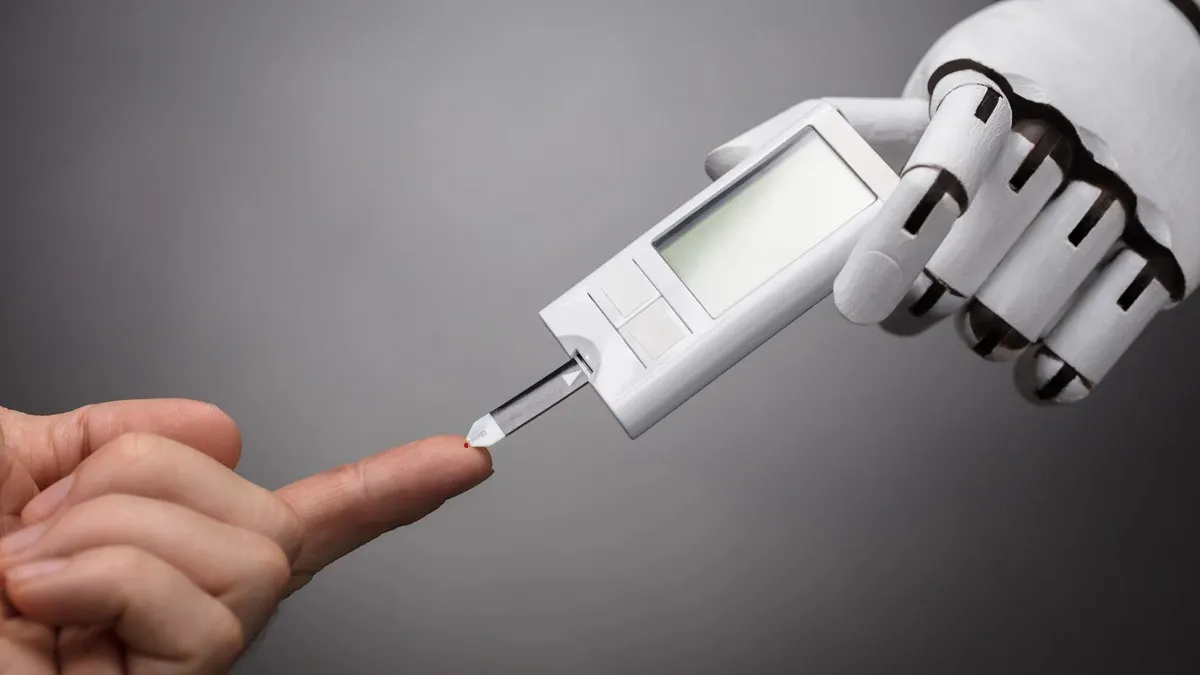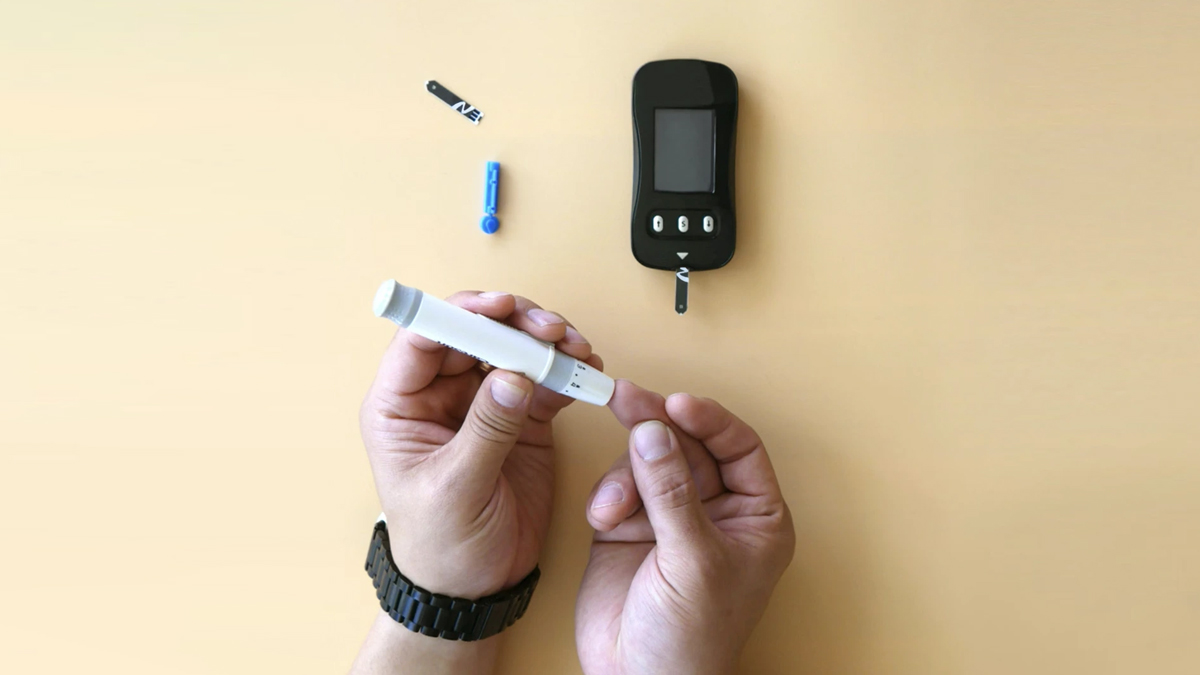
In a groundbreaking medical advancement, the National Health Service (NHS) in England is set to trial an innovative artificial intelligence (AI) tool designed to predict the risk of developing type 2 diabetes up to 13 years before its onset. This pioneering technology, hailed as a potential game-changer in preventive healthcare, is set to begin trials in 2025 at Imperial College Healthcare NHS Trust and Chelsea and Westminster Hospital NHS Foundation Trust.
Table of Content:-
How the AI Tool Works
The new tool, named Aire-DM, uses cutting-edge AI algorithms to analyze electrocardiogram (ECG) readings taken during routine heart scans. By identifying subtle changes in the heart's electrical signals—imperceptible to the human eye—the AI system can provide early warnings of a person’s likelihood of developing type 2 diabetes.

These changes, such as prolonged electrical activation times or variations in the heart's resetting signals, may seem minor but are crucial indicators of how diabetes affects the heart’s structure and function.
The Vision Behind Aire-DM
Dr Libor Pastika, a clinical research training fellow at Imperial College, described the transformative potential of the tool, "AI holds enormous potential to transform care, leading to substantial health improvements. By unlocking insights hidden within ECG data, Aire-DM could revolutionize how we predict and manage the future risk of type 2 diabetes."
Also Read: Game-Changer for Obesity: Weight Loss Drug Mounjaro Set to Launch in India by 2025
The tool offers a non-invasive, cost-effective, and widely accessible method of early detection, making it a promising addition to healthcare systems worldwide.
Why Early Detection Matters
Type 2 diabetes is a chronic condition that affects millions globally, contributing to severe complications like heart disease, kidney failure, and neuropathy. Detecting the risk early allows healthcare providers to implement preventive measures such as dietary changes, increased physical activity, and medication to delay or even prevent the onset of the disease.

Traditional methods of identifying diabetes risk often rely on family history, blood sugar levels, and lifestyle factors. However, Aire-DM’s ability to analyze ECG data offers a more precise and proactive approach.
Trial Details and Global Implications
The NHS will be the first healthcare system globally to implement trials for this AI-based tool. The pilot program will assess the tool’s accuracy, feasibility, and impact on patient outcomes. If successful, Aire-DM could become a standard screening tool in hospitals and clinics worldwide.
Also Read: Former Prime Minister Dr Manmohan Singh Dies At 92 Due To Age-Related Ailments
Beyond type 2 diabetes, the implications of using AI to analyze ECG data extend to other chronic diseases. With advancements in AI, medical practitioners may soon be able to predict risks for a wide range of conditions, further enhancing preventive care.
Revolutionizing Healthcare with AI
The use of AI in healthcare has been growing rapidly, with applications ranging from diagnosing diseases to optimizing treatment plans. Aire-DM represents the next frontier—predicting diseases before they manifest, thereby reducing the burden on healthcare systems and improving the quality of life for patients.
Bottomline
The trial of Aire-DM by the NHS signifies a monumental leap forward in preventive medicine. By leveraging AI to detect diabetes risk early, healthcare providers can intervene sooner, ultimately saving lives and reducing the long-term impact of the disease.
As the trial unfolds, it holds the promise of setting a global precedent for integrating AI into routine healthcare, revolutionizing how chronic conditions like type 2 diabetes are managed and prevented.
Also watch this video
How we keep this article up to date:
We work with experts and keep a close eye on the latest in health and wellness. Whenever there is a new research or helpful information, we update our articles with accurate and useful advice.
Current Version